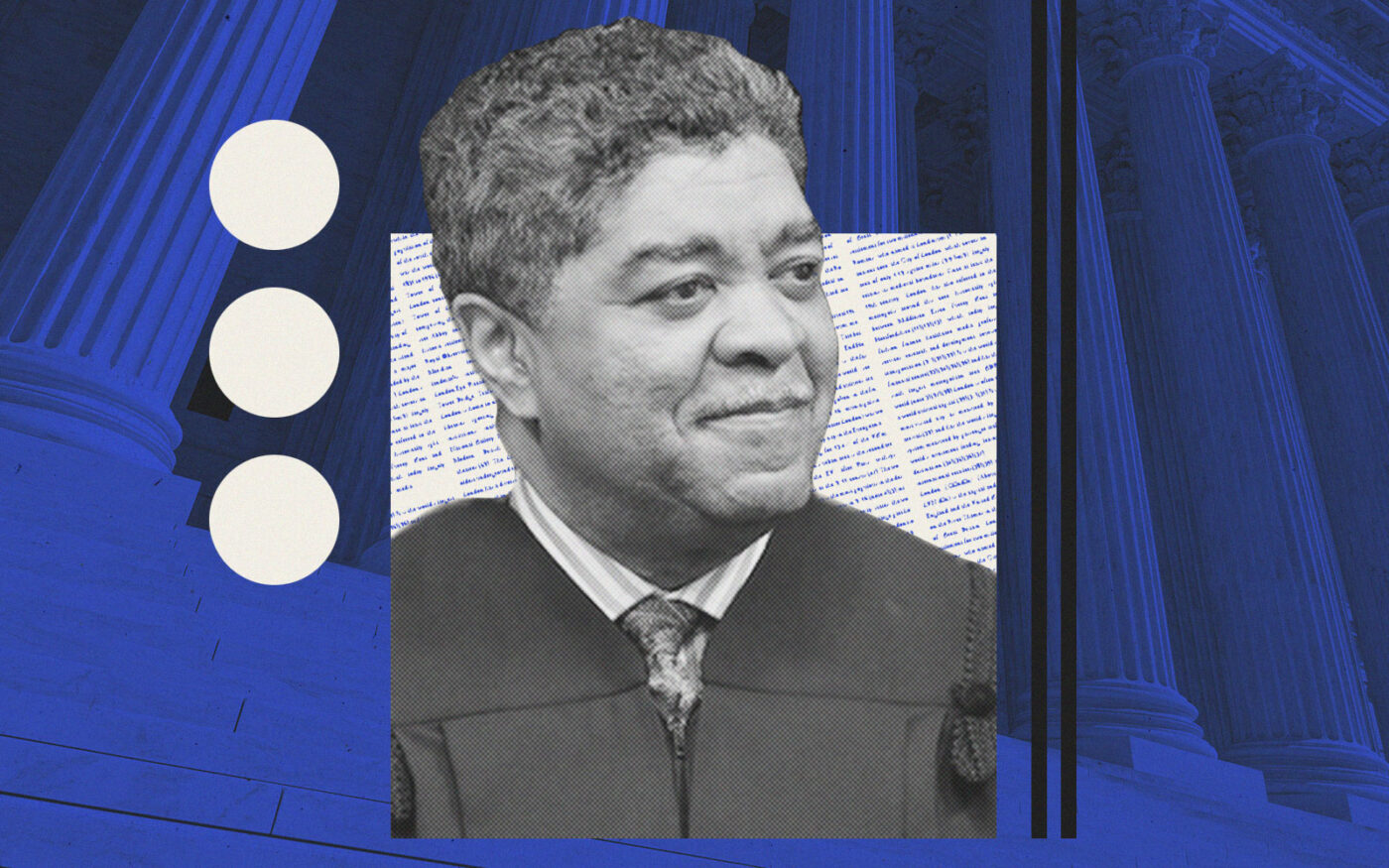Cook County tenants facing eviction have new support under a court directive designed to bolster their defenses.
Chief Judge Timothy Evans issued a court order last week requiring the circuit court clerk to expedite access to information about unresolved housing code violations tied to properties where tenants face eviction, Injustice Watch reported
The ruling comes in response to the publication’s investigations exposing systemic biases favoring landlords in eviction courts.
“In many instances, these tenants who are the subject of an eviction case come without any lawyers at all, without any representation at all, and they are at a disadvantage,” Judge Evans said.
Under the directive, the court clerk must deliver information about code-violation cases within 48 hours for tenants with pending eviction orders and within five days for less urgent cases.
The ruling could provide tenants with critical information to defend themselves in court and help level the playing field in eviction proceedings.
However, the reform could go farther, said Michelle Gilbert, legal director of the Law Center for Better Housing. Landlords should disclose pending housing court cases when filing evictions, she said, citing similar requirements in the Chicago Residential Landlord and Tenant Ordinance.
“The easiest solution would actually be to require landlords to disclose information,” she told the outlet.
Despite the reform’s intent, challenges persist in its implementation, particularly because Cook County’s Odyssey record-keeping system cannot link cases by property address. This limitation complicates efforts to gather complete information about housing code violations for tenants facing eviction.
Eviction cases typically move quickly, and landlords usually secure judgments or settlements. But housing code enforcement cases against landlords can drag on for years as property owners are repeatedly given opportunities to meet compliance standards.
Landlord attorney Robert Kahn criticized the practicality of Evans’ directive, arguing that linking housing and eviction cases would burden landlords, particularly those without legal representation.
“In my experience, the vast majority of building court cases are frequently filed for matters that have nothing to do with habitability issues,” Kahn said.
— Andrew Terrell
Read more



